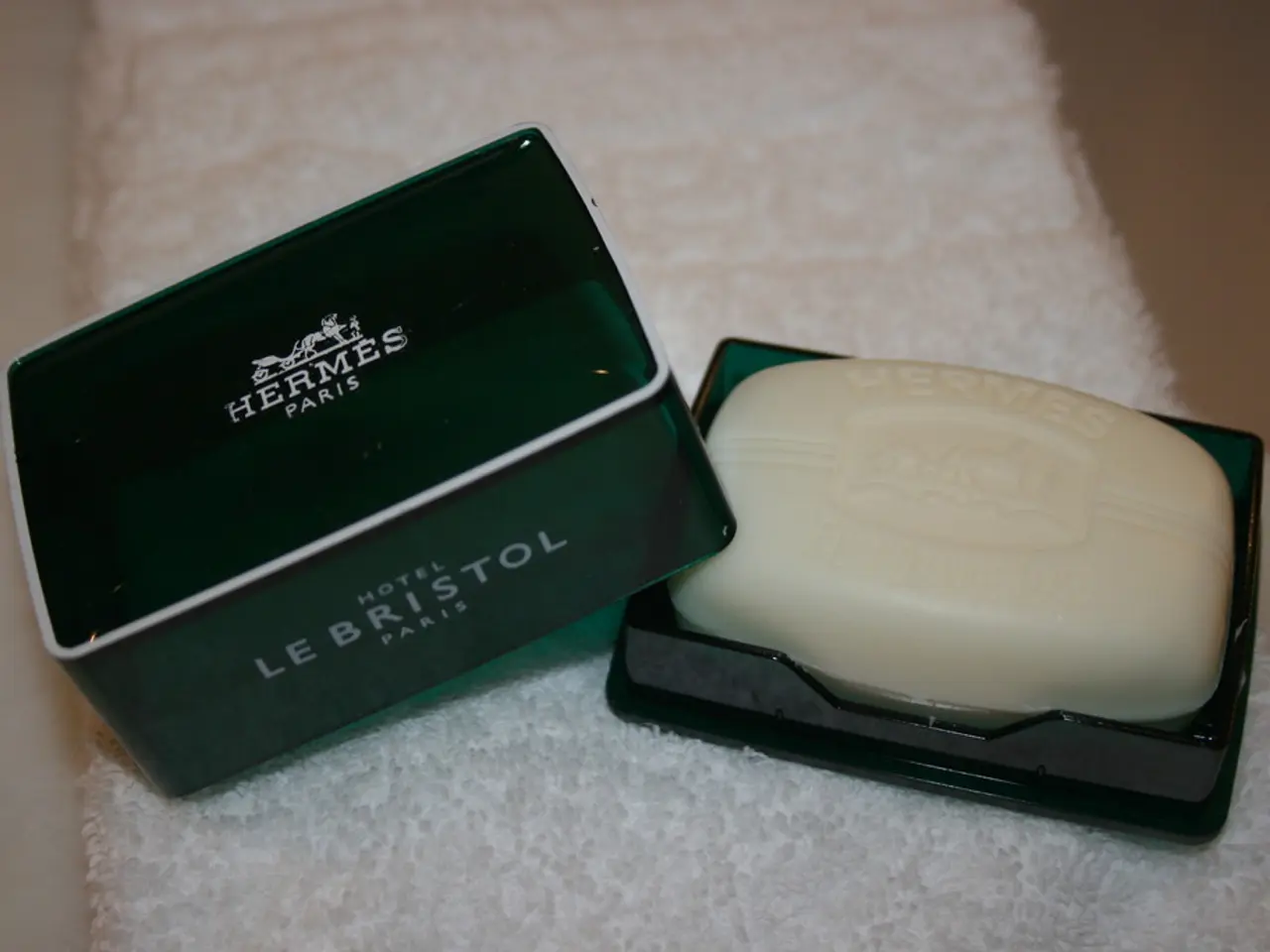Alternative Treatments and Vitamin Stacks for Alleviating Mould Allergy Symptoms
Mould allergies are a common health concern, especially in damp environments. These allergies can cause a range of symptoms, from the mildly irritating to the severe.
Mould is a microscopic fungus that thrives in damp places, often developing on old food or objects. Common symptoms of a mould allergy include sneezing, sinus congestion, itchy and watery eyes, coughing, sore throat, runny or stuffy nose, and sometimes fever. In individuals with asthma, mould exposure may increase the frequency or severity of asthma attacks.
Long-term or repeated exposure to mould can lead to more systemic symptoms such as persistent fatigue, skin rashes or eczema-like patches, behavioural and emotional changes (especially in children), headaches, and respiratory symptoms like coughing, wheezing, and shortness of breath. These more severe symptoms may be associated with Chronic Inflammatory Response Syndrome (CIRS), a condition involving immune system dysfunction triggered by mould toxins.
Diagnosing a mould allergy typically involves a physical examination and a detailed history of symptom patterns, especially noting if symptoms worsen in certain environments and improve when away from those environments. Allergy testing such as skin prick tests or blood tests measuring specific IgE antibodies to mould spores can confirm sensitivity. In cases of suspected CIRS or significant mould-related illness, specialized testing including visual contrast sensitivity (VCS) tests and symptom cluster analysis may be used—especially in children.
Treatment for mould allergies includes avoiding exposure to mould by removing mould sources and improving ventilation in living areas. Medications such as antihistamines, nasal corticosteroids, and decongestants can relieve allergy symptoms. However, skin inflammation related to CIRS may not respond well to antihistamines or steroids as these symptoms arise from immune dysregulation rather than histamine release. For more severe or chronic cases, medical management may require addressing the inflammatory response and detoxifying the body under medical supervision.
Preventing mould allergies is best achieved by avoiding exposure. Regular home cleaning and the use of mould-resistant products can help identify and remove mould in the home. Ventilating your house, using HEPA filters, installing air conditioners to reduce humidity levels, and considering indoor plants such as peace lilies, Boston ferns, snake plants, and spider plants can also help.
Several other remedies have been found effective in managing mould allergies. Taking vitamin D supplements, along with nasal sprays, improves chronic allergic rhinitis in affected individuals. Aromatherapy with essential oils such as sandalwood, frankincense, and Ravensara can reduce allergic rhinitis symptoms and improve sleep. Quercetin, found in many natural foods, provides great relief from allergic rhinitis symptoms due to its anti-inflammatory and anti-allergic properties.
Moreover, foods rich in Vitamin C, probiotics, quercetin, and omega-3 fatty acids can boost immunity and provide necessary nutrients for mould allergy sufferers. Drinking stinging nettle tea shows anti-allergic properties for individuals with allergic rhinitis. Honey, when combined with allergy medicine, can alleviate mould allergy symptoms more than participants taking allergy medicine and a sugar syrup placebo.
In addition, nasal saline rinses, inhaling essential oils, consuming local honey, and drinking herbal teas such as nettle, green, and ginger tea may help soothe mould allergy symptoms. Air purification, such as using extractor fans in the bathroom and kitchen, installing dehumidifiers or air conditioners, and installing HEPA filters, can help prevent mould and improve air quality.
In summary, mould allergies can cause a range of symptoms, from the mildly irritating to the severe. Effective treatment centres on mould avoidance and symptomatic medication, while severe systemic illness from long-term mould exposure involves more complex diagnosis and management. Preventing mould allergies is best achieved by avoiding exposure, regular home cleaning, and using mould-resistant products. A variety of remedies, from vitamin D supplements to essential oils, can help manage mould allergies. Always consult with a healthcare professional for personalised advice and treatment.
- In some cases, mould allergies might be linked to chronic kidney disease, a type of chronic disease, due to the immune system's dysregulation.
- People with mould allergies may find relief in fitness and exercise, as they support overall health and wellness, and can help boost the immune system.
- Besides traditional therapies and treatments, some individuals might consider exploring alternative solutions such as CBD for managing their mould allergy symptoms.
- Nutrition plays a crucial role in managing mould allergies, as foods rich in Vitamin C, probiotics, quercetin, and omega-3 fatty acids can bolster the immune system and provide essential nutrients.
- Skin-care routines can also help manage mould allergy symptoms, as proper skin hydration and moisturizing may combat the effects of allergic reactions on the skin.
- Respiratory conditions, susceptible to mould exposure, may include chronic obstructive pulmonary disease (COPD) or asthma, both of which require ongoing medical management.
- For children with mould allergies, particularly those exhibiting behavioural and emotional changes, therapies such as cognitive-behavioural therapy (CBT) or play therapy might be beneficial for enhancing mental health.
- To effectively manage mould allergies, an integrative approach that includes dietary modifications, essential oil use, exercise, air purification, and working closely with healthcare professionals can provide comprehensive relief and improved quality of life.




